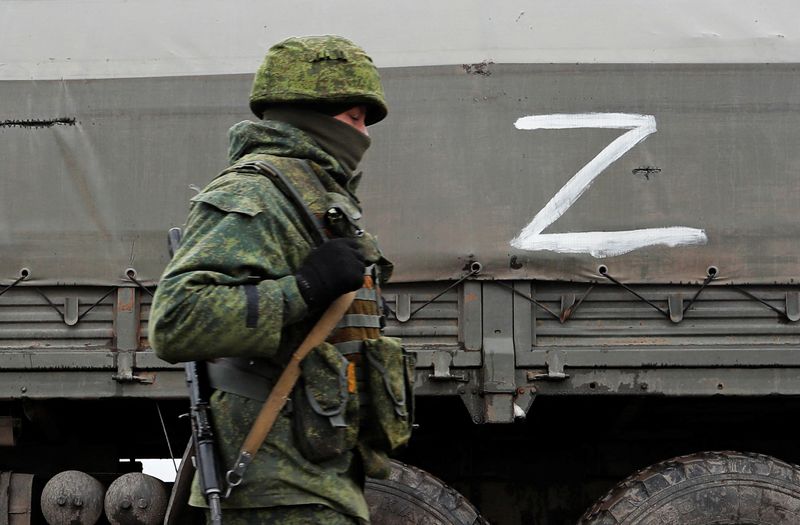AlphaTON stock soars 200% after pioneering digital asset oncology initiative
Investing.com -- The United Kingdom (TADAWUL:4280)’s Prime Minister Keir Starmer on Sunday hosted an emergency meeting in London with European leaders, NATO Secretary General Mark Rutte, and the Prime Ministers of Turkey and Canada to discuss future support for Ukraine, amid growing concerns over the possibility of the U.S. cutting off all forms of aid to Ukraine.
According to Danske Bank (CSE:DANSKE), the total U.S. aid to Ukraine thus far stands at 114 billion euros, markedly less than what U.S. President Trump claimed in multiple occasions.
“In fact, a study by an independent research group recently estimated that the total monetary value of U.S. aid to Ukraine would be even smaller at EUR 49bn (USD 50.9bn),” Danske Bank notes.
“Nonetheless, the U.S. has been a critically important provider of military support for Ukraine, and now the risk is growing that the U.S. might completely cut off aid to Ukraine in all forms. Europe needs a plan to fill the gap,” they added.
NATO member states are anticipated to increase their current defense spending target from 2% to over 3% this year.
Trump has proposed a target of 5%, which would necessitate an additional annual expenditure of more than 490 billion euros across EU/NATO member states. However, considering the average U.S. contribution of 16-38 billion euros per year to Ukraine, maintaining U.S. levels of support could be more cost-effective than a substantial increase in European defense spending.
The so-called Coalition of the Willing, potentially formed by the countries represented at the London meeting, boasts a combined GDP exceeding 20 trillion euros. The total U.S. support for Ukraine over three years represents only 0.2-0.6% of this coalition’s GDP, making matching U.S. contributions a feasible option.
There are also alternative proposals to fund Ukraine’s defense, Danske Bank notes, such as seizing the approximately 210 billion euros in frozen Russian assets. But this approach faces legal hurdles and would require unanimous EU state approval, which is uncertain due to potential objections from countries like Hungary.
“Hence, working with the Coalition of the Willing would be more straightforward, and time is a luxury European leaders do not have at the moment,” the bank said.
For the long run, Europe needs to establish mechanisms to finance the significant defense spending gap.
The EU Commission intends to propose activating a clause for defense investments in the EU. Poland has suggested creating an EU rearmament bank, and there are recommendations to extend the European Investment Bank’s mandate to include investment in weaponry.
To attract private capital, the EU could consider offering guarantees for international financial institutions similar to those provided by the European Fund for Sustainable Development Plus, Danske Bank said.
